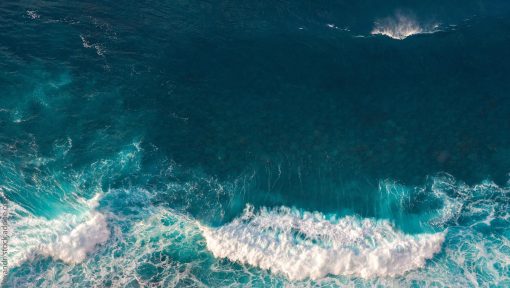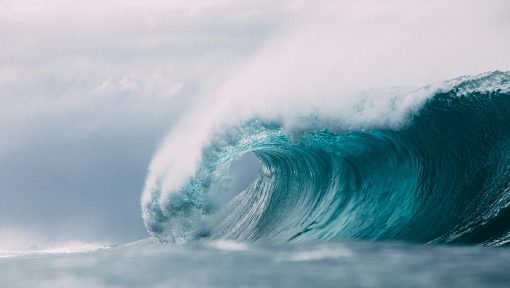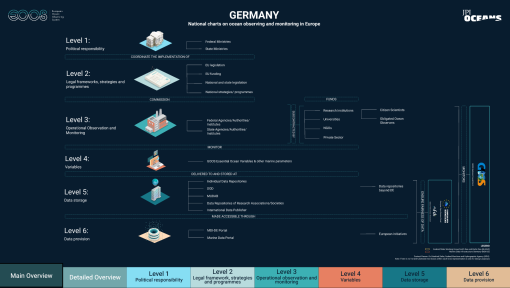The EOOS Steering Group has submitted its formal contribution to the European Commission’s consultation on the Multiannual Financial Framework (MFF) post-2025, urging the EU to make strategic investments in the long-term coordination of Europe’s in situ ocean observation system.
As the backbone of Europe’s marine knowledge system, in situ ocean observations—collected directly in and around our seas and coasts—remain critically underfunded and unevenly coordinated across Member States. In contrast to space-based Earth observation, which benefits from long-term institutional support, the fragmented funding landscape for in situ marine monitoring threatens the sustainability and effectiveness of Europe’s ocean data infrastructure.
EOOS, the European Ocean Observing System, offers a clear path forward. As a long-standing coordination initiative, EOOS provides a stakeholder-driven, community-based mechanism for guiding ocean observation efforts. Its structure connects:
A Resource Forum of national ministry representatives led by JPI Oceans,
An Operations Committee of marine infrastructure implementers,
A Steering Group including Europe’s key data services (EMODnet, Copernicus Marine), the biodiversity community (MBON), and Member State representatives.
Despite this established framework and demonstrable value—such as the development of National Charts and support to the future EC Ocean Observation Initiative—EOOS coordination remains entirely unfunded, limiting its ability to fulfil its potential.
In its MFF submission, the EOOS Steering Group calls for:
A dedicated EOOS coordination office, with minimum sustained funding of €1 million per year over at least five years, to provide expert guidance, streamline activities, and support national and EU-level implementation of ocean observing policy.
Direct EU funding for global and pan-European in situ observing networks, which are currently under severe threat. These networks underpin Europe’s marine knowledge services (e.g., Copernicus Marine, EMODnet, the Digital Twin Ocean) but are largely dependent on external funding, with the United States covering more than 50% of global costs.
“We cannot expect to deliver on Europe’s ocean ambitions—whether it’s the Oceans Pact, the Sustainable Blue Economy, or the Digital Twin Ocean—without a resilient and coordinated foundation of ocean observing,” said Dr. Inga Lips, Chair of the EOOS Steering Group.
EOOS is ready to scale up to meet Europe’s marine policy ambitions. With strategic investment through the next MFF, it can provide the coordination and continuity needed to maximise efficiency, reduce redundancy, and ensure that Europe’s ocean observing system is fit for the future.
Read the EOOS Steering Group’s full MFF submission here.
 EOOS Steering Group Response to the European Ocean Act Call for Evidence
EOOS Steering Group Response to the European Ocean Act Call for Evidence
 EOOS responds to the European Oceans Pact Call for Evidence
EOOS responds to the European Oceans Pact Call for Evidence
 National Charts on Ocean Observing and Monitoring now available
National Charts on Ocean Observing and Monitoring now available